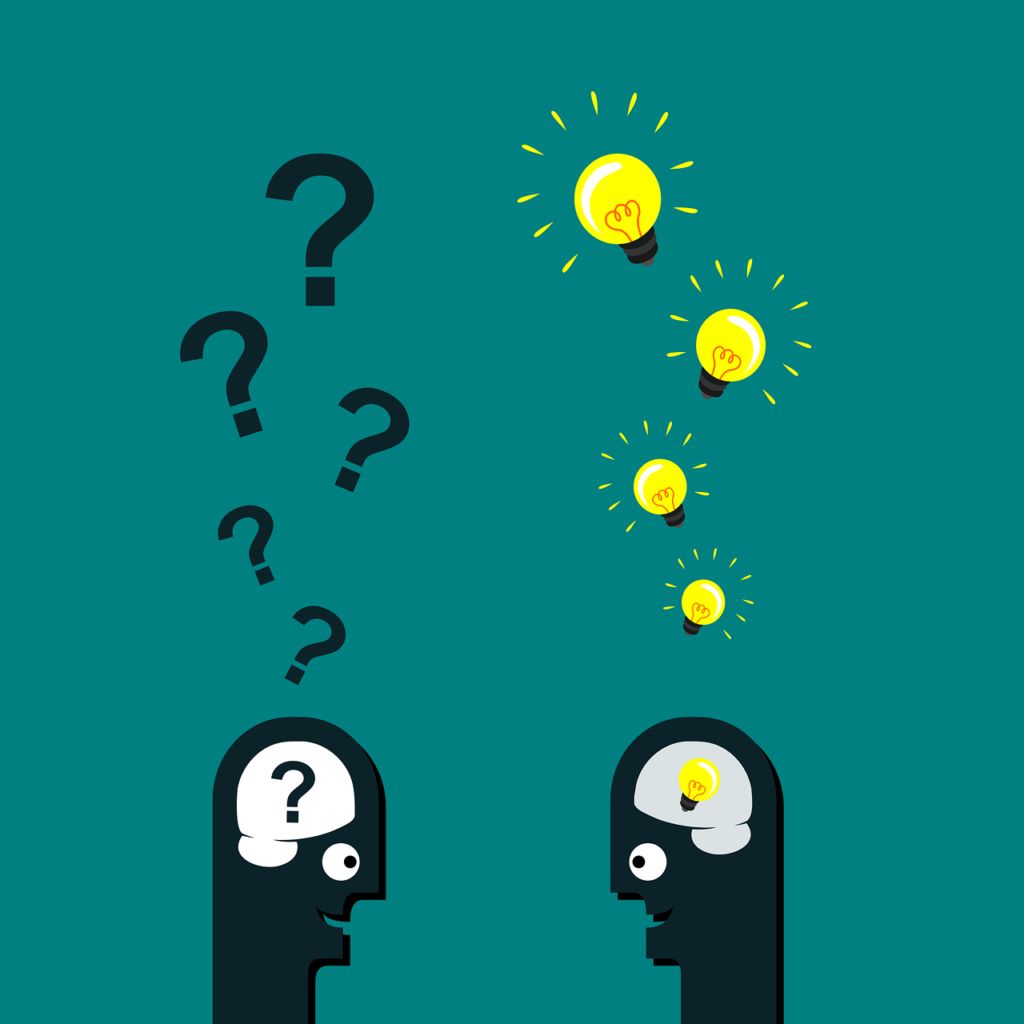What does it truly mean to be an educated person? In a world inundated with information, being educated extends beyond mere accumulation of facts and figures. It encompasses a holistic approach to learning and personal growth, fostering curiosity, critical thinking, and cultural awareness.
Curiosity: The Starting Point
At the heart of education lies curiosity. It’s the spark that ignites the journey of knowledge acquisition. Cultivating a curious mindset involves asking questions, seeking answers, and embracing the unknown. Rather than passively accepting information, an educated person actively engages with the world around them, driven by an insatiable thirst for understanding.
Continuous Learning
Education is not confined to the walls of a classroom or the pages of a textbook. It’s a lifelong pursuit, characterized by a commitment to continuous learning. An educated individual recognizes the importance of staying updated, acquiring new skills, and adapting to changing circumstances. Whether through formal education, online courses, or self-directed study, the quest for knowledge knows no bounds.
Critical Thinking Skills
In an era of misinformation and fake news, critical thinking skills are more crucial than ever. Being educated means possessing the ability to discern fact from fiction, to analyze and evaluate information critically. It involves questioning assumptions, challenging conventional wisdom, and approaching issues with a healthy dose of skepticism.
Cultural Awareness
True education transcends geographical and cultural boundaries. It involves understanding and appreciating the rich tapestry of human diversity. An educated person values exposure to different cultures, traditions, and perspectives, recognizing the inherent beauty in our differences and the common humanity that unites us all.
Effective Communication
Communication is the currency of education. An educated individual not only absorbs knowledge but also has the ability to articulate ideas clearly and persuasively. Whether through verbal discourse or written expression, effective communication fosters understanding, collaboration, and meaningful dialogue.
Empathy and Emotional Intelligence
Education extends beyond intellectual pursuits to encompass emotional intelligence and empathy. An educated person possesses the capacity to understand and relate to others’ experiences, to show compassion and kindness in interactions. Empathy bridges divides, fosters connection, and enriches the human experience.
Ethical Values
Integrity and ethical values are the bedrock of education. Being educated entails making principled decisions, upholding moral standards, and taking responsibility for one’s actions. Ethics serve as a guiding light, steering individuals towards honorable conduct and fostering trust within communities.
Global Awareness
In an increasingly interconnected world, global awareness is a hallmark of education. It involves being informed about pressing global issues, understanding the complexities of international relations, and recognizing the interdependence of nations. An educated person engages with global challenges, seeking to make a positive impact on a global scale.
Self-Awareness
Self-awareness is the cornerstone of personal growth and development. An educated individual possesses insight into their own strengths, weaknesses, and values. Through self-reflection and introspection, they strive for continual self-improvement, embracing opportunities for learning and growth.
Adaptability and Resilience
Education equips individuals with the resilience to navigate life’s challenges and setbacks. An educated person embraces change, adapts to new circumstances, and bounces back from adversity with resilience and determination. They view obstacles as opportunities for growth and transformation, rather than insurmountable barriers.
Social Responsibility
Education confers not only rights but also responsibilities. An educated person recognizes their role in society and actively seeks to make a positive contribution. Whether through volunteerism, advocacy, or philanthropy, they strive to create a more just, equitable, and compassionate world for all.
Resourcefulness
Resourcefulness is the ability to find creative solutions to problems, to think outside the box and overcome obstacles with ingenuity and perseverance. An educated person approaches challenges with a proactive mindset, leveraging their knowledge, skills, and resources to achieve their goals.
Open-Mindedness
Education fosters open-mindedness and intellectual curiosity. An educated individual is receptive to new ideas, willing to consider alternative viewpoints, and eager to engage in meaningful discourse. They embrace diversity of thought and resist the temptation to succumb to close-mindedness or dogma.
Conclusion
Becoming an educated person is a lifelong journey marked by curiosity, critical thinking, and a commitment to continuous learning. It’s about more than just acquiring knowledge; it’s about cultivating empathy, ethical values, and a sense of social responsibility. By embracing these qualities, we can each play a role in creating a brighter, more enlightened future for generations to come.
FAQs:
- What does it mean to be an educated person? Being educated goes beyond academic achievement; it encompasses a holistic approach to learning, characterized by curiosity, critical thinking, and cultural awareness.
- How can I cultivate a curious mindset? Cultivating curiosity involves asking questions, seeking answers, and embracing the unknown. Stay curious by exploring new interests, engaging with diverse perspectives, and never stop asking “why?”
- Why is empathy important in education? Empathy fosters understanding, compassion, and connection. It allows us to relate to others’ experiences, build meaningful relationships, and navigate social interactions with kindness and compassion.
- How can I develop my critical thinking skills? Developing critical thinking skills involves questioning assumptions, evaluating evidence, and approaching issues with skepticism. Practice analyzing arguments, considering alternative viewpoints, and seeking out reliable sources of information.

